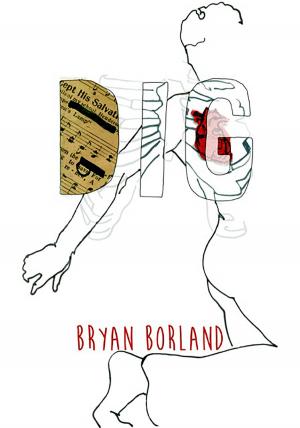| Author: | Don A. Hoyt | ISBN: | 9781311819734 |
| Publisher: | Don A. Hoyt | Publication: | December 4, 2013 |
| Imprint: | Smashwords Edition | Language: | English |
| Author: | Don A. Hoyt |
| ISBN: | 9781311819734 |
| Publisher: | Don A. Hoyt |
| Publication: | December 4, 2013 |
| Imprint: | Smashwords Edition |
| Language: | English |
A "kerygma" is an unwritten history-- a chronical of significant events passed down from one person to another or from generation to generation by verbal transmission. For instance, the stories collected in the Gospels about the life of Jesus circulated for thirty years before being recorded in manuscripts. The stories being circulated then were a "kerygma." The earliest recorded literature (e.g.: Beowulf, Homer, Genesis, King Arthur) existed in people's memories long before being written down for posterity. In fact, the literatures we have inherited and embraced throughout history are the masonry of our characters and our society today. We can only imagine how we would differ had our civilization's kerygma taken different forms, different "masonry" being assembled by different actors.
The events described and shared in a kerygma may or may not have empirically existed or occurred. Regardless, what we are now is made from it. Can we imagine being the product of a different kerygma?
A "kerygma" is an unwritten history-- a chronical of significant events passed down from one person to another or from generation to generation by verbal transmission. For instance, the stories collected in the Gospels about the life of Jesus circulated for thirty years before being recorded in manuscripts. The stories being circulated then were a "kerygma." The earliest recorded literature (e.g.: Beowulf, Homer, Genesis, King Arthur) existed in people's memories long before being written down for posterity. In fact, the literatures we have inherited and embraced throughout history are the masonry of our characters and our society today. We can only imagine how we would differ had our civilization's kerygma taken different forms, different "masonry" being assembled by different actors.
The events described and shared in a kerygma may or may not have empirically existed or occurred. Regardless, what we are now is made from it. Can we imagine being the product of a different kerygma?















